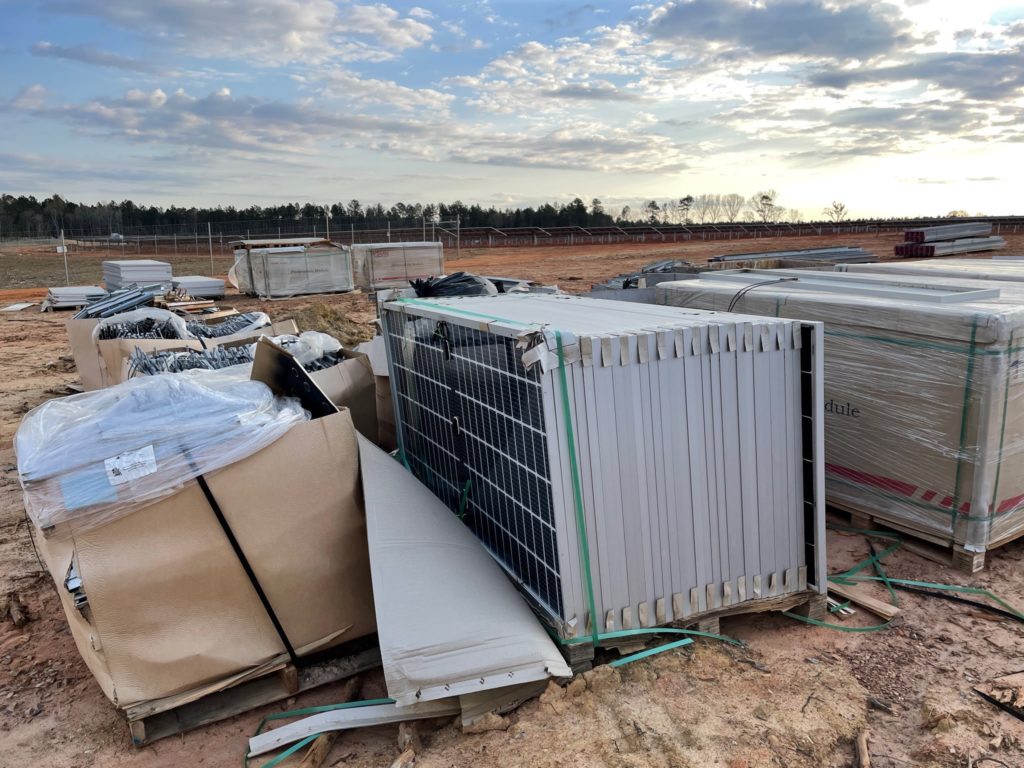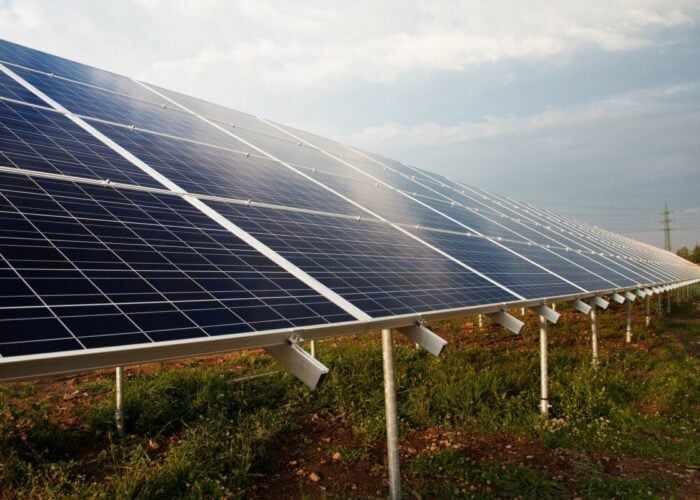
Longer PV module lifetimes could lower new material demand by reducing the need for additional solar deployment in the US, according to new research from the National Renewable Energy Laboratory (NREL).
Alongside cutting demand for raw materials, long-life modules also provide a longer grace period in which to develop and implement end-of-life recycling or remanufacturing processes, the study revealed.
Try Premium for just $1
- Full premium access for the first month at only $1
- Converts to an annual rate after 30 days unless cancelled
- Cancel anytime during the trial period
Premium Benefits
- Expert industry analysis and interviews
- Digital access to PV Tech Power journal
- Exclusive event discounts
Or get the full Premium subscription right away
Or continue reading this article for free
“When considering a sustainable PV supply chain, there is a tendency to jump straight to recycling as the solution, when there are a lot of other circular economy levers to try first, like lifetime extension,” said Heather Mirletz, the article’s lead author.
Among the 336 scenarios the authors considered, two scenarios represent the upper and lower bounds of possible approaches to a circular economy of PV modules – modules with an extended 50-year lifetime and shorter-lived, 15-year modules with a high rate of closed-loop recycling. These were compared to a baseline scenario that assumed a 35-year module lifetime and a low recycling rate that is reflective of current technology and processes.
The research found that because the short-lived modules require an additional 1.2TW of replacement modules to maintain PV generation capacity until 2050, they must reach closed-loop recycling rates of 95% or higher to avoid requiring larger quantities of new materials than the 35-year baseline scenario.
Titled ‘Circular Economy Priorities for Photovoltaics in the Energy Transition’ and published in the PLOS ONE journal, the study considered only the flow of materials for crystalline silicon modules, but it can be applied to other PV technologies.
“We can avoid excess replacements and additional manufacturing by building systems right the first time. Recycling short-lived modules sounds attractive, but our mass balance and capacity calculations show it might limit PV capacity,” said Teresa Barnes, an author of the article and manager of NREL’s PV reliability and system performance group.
A national laboratory of the US Department of Energy, NREL research published in 2020 suggested that more needs to be done to reduce the recycling costs and environmental impact of used solar panels.
PV Tech explored the status quo in PV’s circular economy, including how the industry is ramping up efforts to boost recycling, in a feature written by Emilie Oxel O’Leary, CEO of Green Clean Solar, a US company specialising in waste management and landfill diversion for solar sites.






